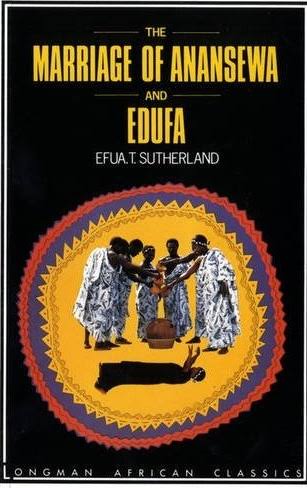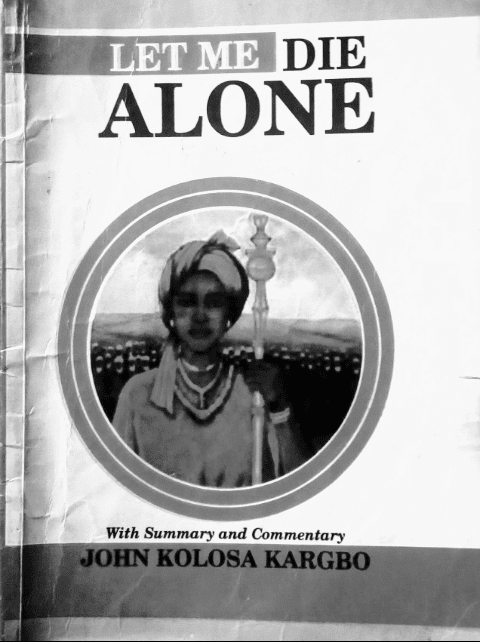How does the character of Musa contribute to the plot development of the play?
Musa is one of the principal characters in John Kolosa Kargbo’s Let Me Die Alone. He and Lamboi are the antagonists in the play.
Musa is the chief priest and a significant member of Gbanya’s administration, and as such, he is revered. This perhaps explains why Lamboi feels there is no other person that can help further his ambition to become the Chief of Mendeland aside Musa.
This character is very evil. He involves secretly in the sacrifice and mutilation of children for his selfish reasons of longevity and prosperity. It is this knowledge of his evil deeds that Lamboi plans to threaten him with if he does not join in his (Lamboi’s) plan — to remove Gbanya as the chief, thwart Yoko’s succession, and install Lamboi as the chief.
Musa undoubtedly contributes to the plot development of Let Me Die Alone in no small way. The existence of Musa and Lamboi ensures the polar divide between evil and good forces.
He, together with Lamboi, poisons Gbanya in order to set Lamboi on the throne of Mendeland. Although Gbanya dies from poisoning, Musa fails in his attempt to set Lamboi on the throne as he meets a formidable opponent in Yoko.
Musa would however not relent. As shown in the play, he is not the kind of man to back down so easily. He kidnaps Jeneba and sets the people of Mende against their chief, Yoko, with a rumour he himself began — that Yoko has buried Jeneba alive in order to gain the favour of the white colonial governor.
He schemes Jeneba’s disappearance and the lingering rumour about its cause and nature because he knows that if the people turn their backs on Yoko, enthroning Lamboi would not pose a problem.
He however fails again when Jeneba’s mutilated body is disinterred. And it becomes crystal clear that Yoko did not bury Jeneba alive, a vindication of her innocence.
Musa, for fear of discovery, flees Mende. At the Poro Bush, Yoko however uncovers Musa and Lamboi as the culprits and asserts that Gbeni’s judgement will descend on the two evil conspirators whichever way they run.
In effect, Musa is responsible for several disappearances of children in Mende Chiefdom, Gbanya’s death, Jeneba’s death — all in the name of bettering his lot and seeking for power.
He is also partly responsible for Yoko’s depression-induced suicide. Musa’s harvest of human organs wholly portray a society steeped in human sacrifice. His evil machinations also demonstrate how absolute power can corrupt absolutely, considering the absolute power he wields as the chief priest.
 WHATSAPP: Click HERE to join the new Literature PADI WhatsApp group to receive latest updates on your phone and for further literary discussions!
WHATSAPP: Click HERE to join the new Literature PADI WhatsApp group to receive latest updates on your phone and for further literary discussions!










